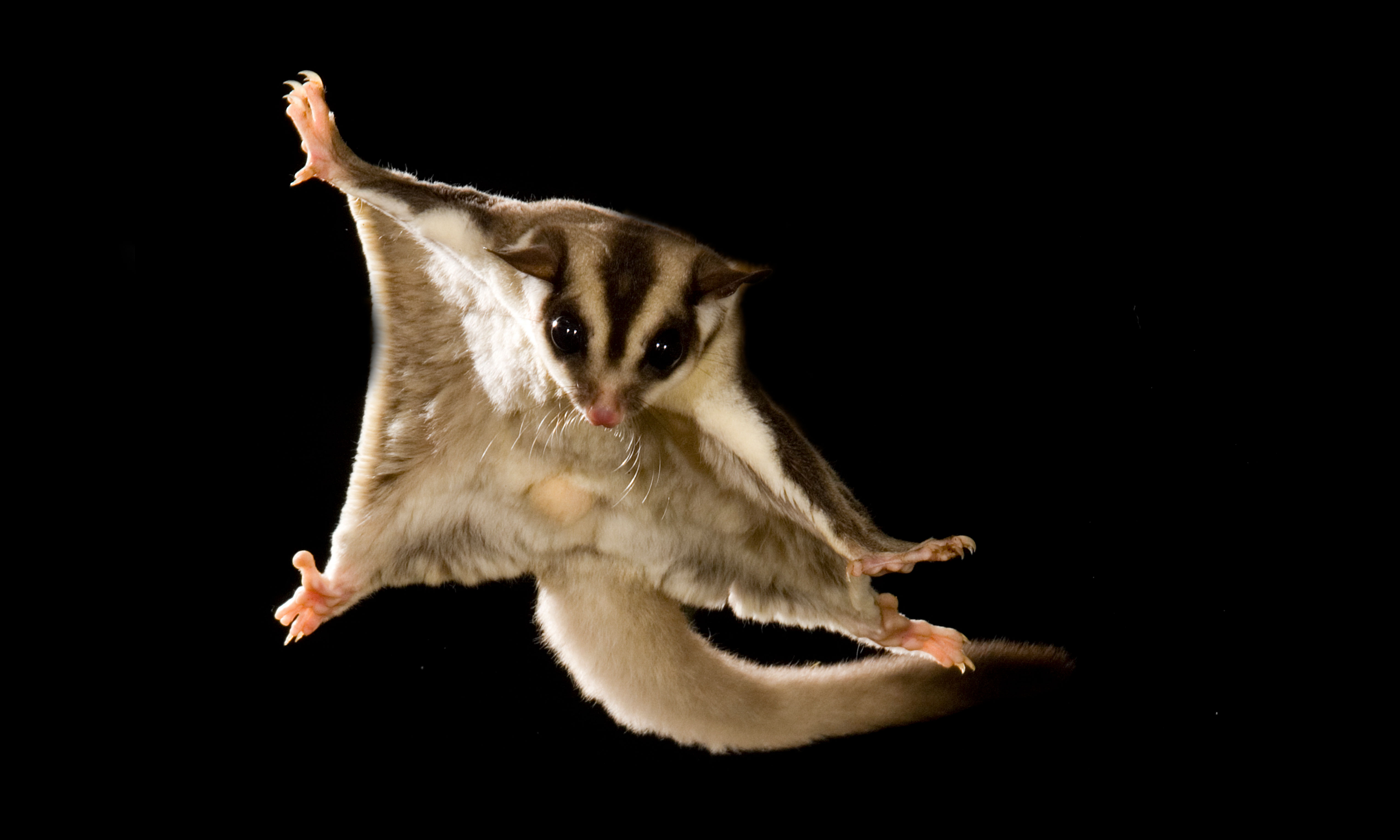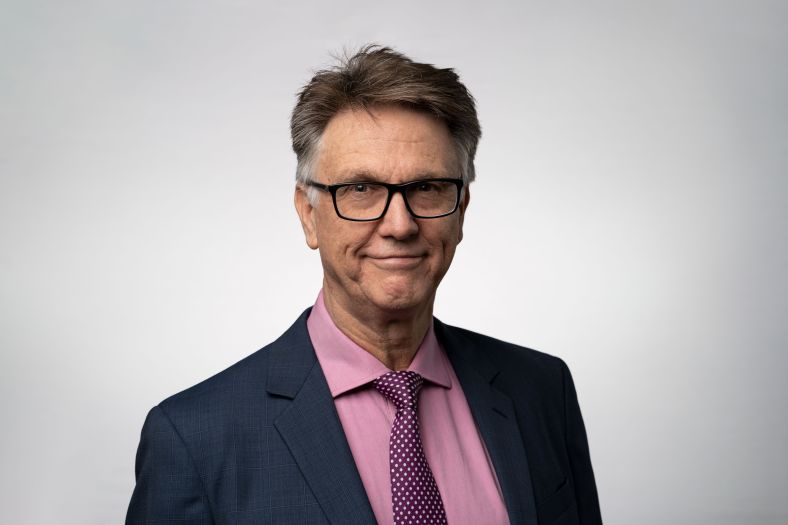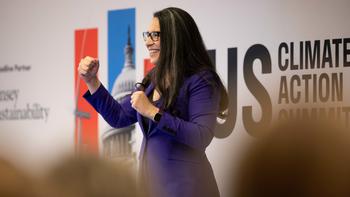has eclipsed the 100-day mark with little end in sight. Some western leaders have struggled to find solutions, with French President Macron spending hours on the phone trying to find a negotiated peace deal.
But as the war takes tens of thousands of lives and threatens global food and energy supplies – what is likely to happen?
Part of the answer can found in the smouldering post-colonial, identity politics that I describe in a recently published book. Seen through this post-colonial lens, Russia’s invasion is a desperate attempt to preserve its imperial identity as leader of the ‘Russian world.’
On the other side, Ukraine’s resistance is an assertion of its independent post-colonial identity and desire to break from Russia.
And the war is only radicalising these identities further.
This likely means that any de-escalation will not be the result of a peace deal but a partial ceasefire or ‘frozen’ conflict. This in turn will mean continued sanctions on Russia and long-term disruptions to global food and energy supply.
The post-soviet as post-colonial
When the Cold War ended more than 30 years ago after the implosion of the Soviet Union, many saw the “end of history”. The collapse of communism, it was thought, signalled the unchallenged rise of its ideological competitor – democracy. And there is no question that democracy spread to some parts of the former socialist world.
The war in Ukraine can be understood from this perspective – as an authoritarian Russia invading a democratic Ukraine.
But there is another way to understand the war in Ukraine. The end of the Cold War also triggered the implosion of Europe’s last empire – the Russian-dominated Soviet Union. In the early 1990s, Russia emerged into the new world order as a post-imperial power and the fourteen ‘successor’ states to the Soviet Union became former colonies.
Debates about the nature of post-imperial and post-colonial identity have been a key political battleground across the region ever since.
In the former colonies, new identities had to be negotiated with Russia on one side and the European Union or ‘the West’ on the other. In Russia, the imperial collapse questioned Russia’s future role and identity in the world.
This smouldering form of identity politics ultimately triggered Russia’s invasion of Ukraine, with burgeoning national identity in Ukraine stoking imperial resentment in Russia.
Russian imperial identity
Some have argued that Russia’s invasion of Ukraine is a rational reaction to NATO expansion and the threat it poses to Russian security. But the invasion of Ukraine makes little realistic sense if NATO was really the problem.
In fact, even if successful, an invasion of Ukraine was always likely to lead to greater NATO expansion. The recent attempts by Finland and Sweden to enter NATO – and Russia’s largely uninterested response – were entirely predictable.
Instead, the real cause of Russia’s invasion can be found in the special position that Ukraine occupies in an increasingly influential form of post-imperial identity politics in Russia. Embedded in an imperialist reading of history, this Russian imperial identity views Ukraine as a place where the people are “spiritually Russian“.
So Ukraine’s increasingly independent identity is viewed as unnatural and a western-led or neo-Nazi project that must be eliminated.
Since the invasion, Russian state media has broadcast this imperial identity politics to the Russian people, describing the war in Ukraine as the protection of real Ukrainians from Western or neo-Nazi overlords intent on destroying Russia.
Ukrainian national identity
After the invasion, many initially were sceptical that the Ukrainians would put up a fight. Some, particularly Putin and his circle, thought that Ukraine would collapse as quickly as the Afghan government.
But this narrative missed a critical development.
For years, Ukrainians have been building a post-Soviet identity that is separate from Russia. The boundaries of this identity have been contested, complicated most clearly by the fact that many Ukrainians speak Russian as a first language (President Zelensky is just one example).
But even amongst Russian-speaking Ukrainians, a separate Ukrainian identity had been growing in influence in recent years. Russia’s invasion has accelerated the development of this separate Ukrainian identity – fuelling Ukrainian morale and willingness to fight the much larger Russian military.
Identity politics and a peace deal
Any end to the war must negotiate the difficulties of the regional, post-colonial identity politics. Intensifying Russian imperial identity will make it difficult for Russia to stop the war without annexing Ukrainian land.
In Ukraine, an increasingly independent identity will make it difficult to concede any territory to the old imperial master, Russia.
The collision of these identities means that the de-escalation of the war is far more likely to be the result of a contested ceasefire or frozen conflict than a final peace deal.
If this is right, we can expect the sanctions on Russia to remain and the problems with global food and energy supply to become long-term problems.
Associate Professor William Partlett is the author of the recently published book The Post-Soviet as Post-Colonial.








